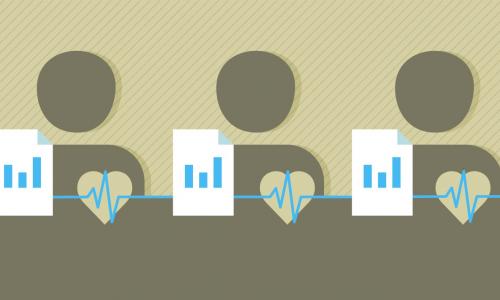Social impact
Your paper may be valued by your peers, but increasingly, that’s only one piece of the puzzle. These days, funders often ask you to show your work has relevance beyond the academic arena too.
But what form should that societal impact take and how can you demonstrate it? In this series of modules, we explore some definitions and measurements. We look at how you can bring a wider audience in contact with your work and some of the unexpected outcomes. We also explore the topic of lay summaries and how they can introduce your research to a whole new group of readers.
What you will learn
- What is societal impact
- Advice on sharing your research more widely
- Tips on writing a great lay summary




